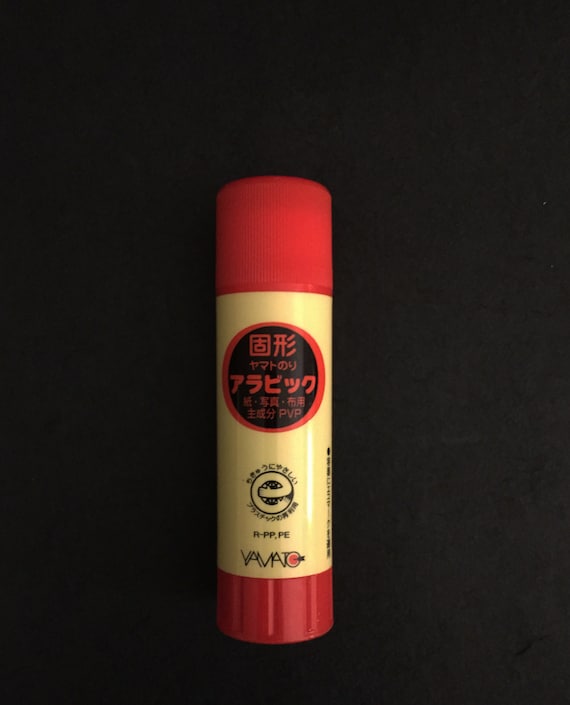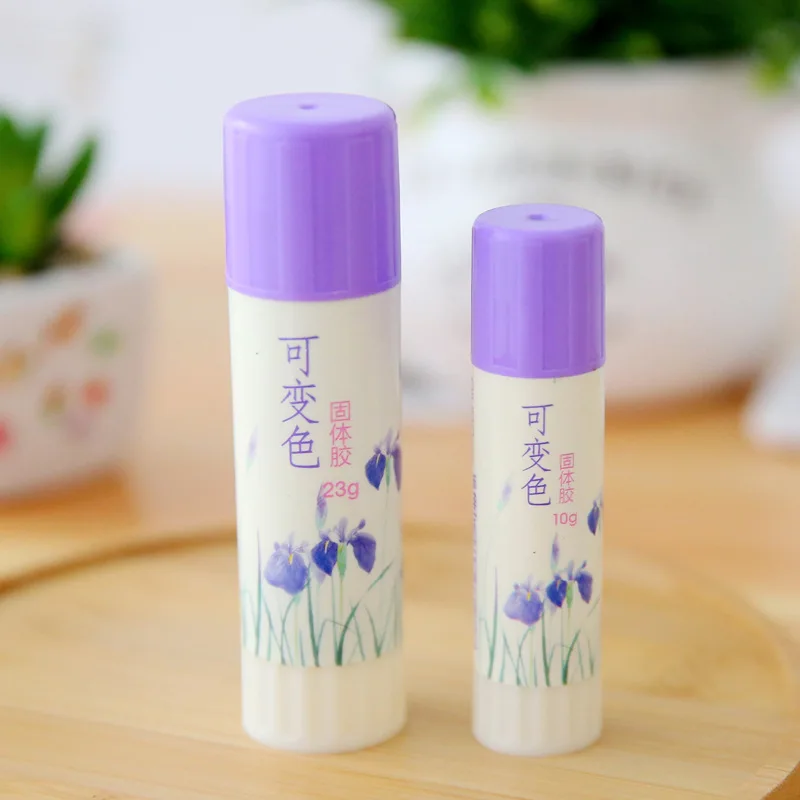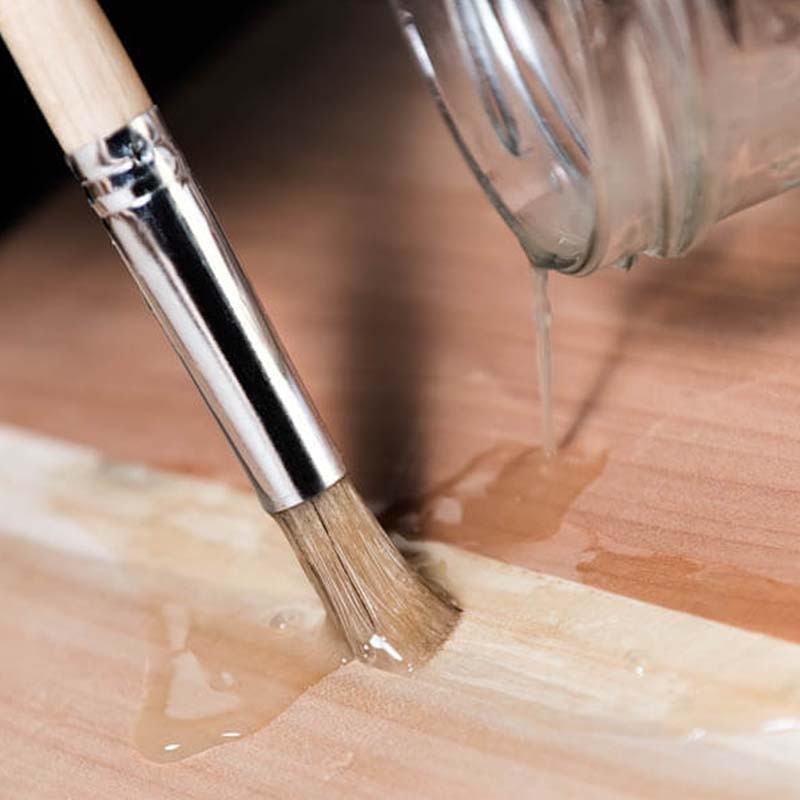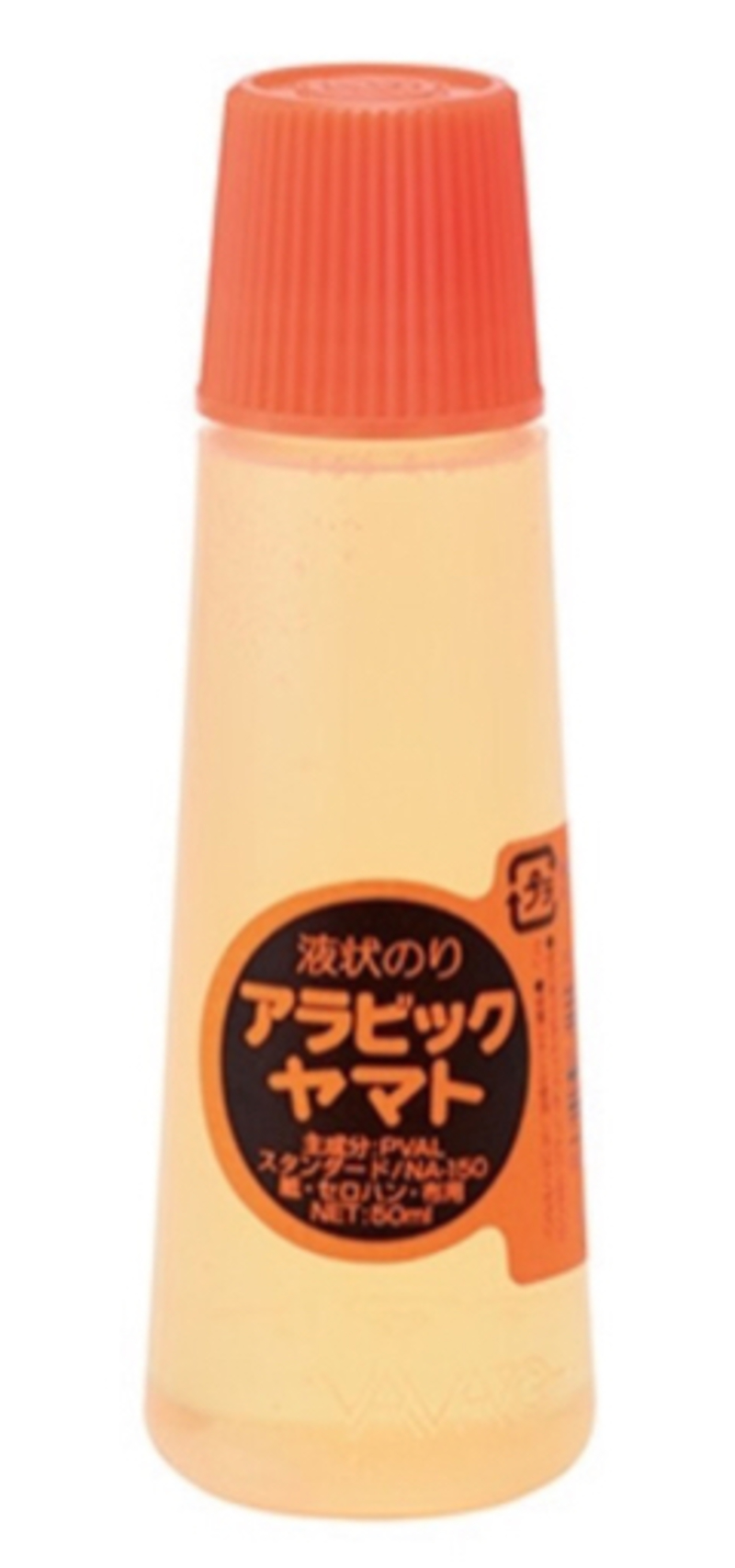Japanese Glue
Japanese glue is a type of adhesive that has become increasingly popular in recent years due to its unique properties. This glue has been used in Japan for centuries and is now gaining popularity around the world. In this blog post, we will explore the benefits and uses of Japanese glue in detail.
Pain Points of Japanese Glue
Many people struggle to find an adhesive that can handle their specific needs. Traditional glues often fail to provide a strong enough bond or dry too quickly, making them difficult to work with. Additionally, many adhesives contain harmful chemicals that can be dangerous to use. These pain points can make it challenging to find a suitable adhesive for various projects.
What Is Japanese Glue?
Japanese glue is a natural adhesive made from animal collagen and water. This glue has been used for hundreds of years and is known for its superior bonding strength and versatility. Unlike traditional synthetic glues, Japanese glue is entirely natural, making it environmentally friendly and safe to use.
Main Benefits of Japanese Glue
Japanese glue offers a wide range of benefits that make it an excellent choice for various projects. Firstly, it provides a strong and durable bond that is perfect for paper, wood, and fabric. Secondly, it is easy to work with and provides a long working time, allowing users to make adjustments and corrections before the glue sets. Additionally, it is entirely natural and does not contain any harmful chemicals, making it safe for the environment and user.
Target of Japanese Glue
Japanese glue targets users who require a strong bond for their projects, such as woodworking, bookbinding, and paper crafts. Additionally, it is an excellent choice for users who are environmentally conscious and prefer natural products.
As someone who enjoys crafts and DIY projects, I have found that Japanese glue is the perfect adhesive for my needs. It offers a strong bond and easy application, making it my go-to option for various projects. Additionally, its natural properties make it an attractive choice for me as an environmentally conscious user.
Uses of Japanese Glue
Japanese glue has several practical uses, making it a versatile adhesive that is suitable for various projects, including:
- Woodworking
- Bookbinding
- Paper crafts
- Restoring antiques
- Repairing artwork
Additionally, Japanese glue is an excellent option for users looking for a natural adhesive that is safe to use on delicate materials such as silk and antique paper.
How to Apply Japanese Glue
Applying Japanese glue is easy and straightforward. Simply mix a small amount of glue with water and heat it in a double boiler until it reaches a syrup-like consistency. Once the glue has cooled slightly, apply it to the surface you wish to bond using a brush. Allow the glue to dry for several hours before handling the project to ensure a secure bond.
Where to Buy Japanese Glue
Japanese glue can be found at many craft stores and online retailers. It is available in various sizes and forms, including liquid, powder, and sticks. When purchasing Japanese glue, look for high-quality products that are made from natural ingredients and have a proven track record of providing a strong bond.
Question and Answer
Q: Is Japanese glue safe to use on sensitive materials like antique paper and silk?
Yes, Japanese glue is entirely safe to use on delicate materials such as antique paper and silk. Its natural properties make it an ideal adhesive for these types of materials.
Q: Can Japanese glue be used for outdoor projects?
No, Japanese glue is not suitable for outdoor projects as it is a water-soluble adhesive and will break down when exposed to moisture.
Q: How long does it take for Japanese glue to dry?
The drying time for Japanese glue depends on several factors, including humidity and temperature. In general, it takes several hours for Japanese glue to dry fully.
Q: Can Japanese glue be used on plastic surfaces?
No, Japanese glue is not a suitable adhesive for plastic surfaces as it does not bond well to these types of materials.
Conclusion
Japanese glue is a natural adhesive that provides a strong and versatile bond for various projects. It offers several practical benefits, including a long working time, easy application, and environmental safety. Whether you are a woodworking enthusiast, bookbinder, or paper crafter, Japanese glue is a reliable adhesive that is sure to meet your needs.
Gallery
Yamato Japanese Glue Stick

Photo Credit by: bing.com / glue stick japanese yamato
23g Aihao Cute Kawaii Korean Japanese Glue Stick School Office Supplies

Photo Credit by: bing.com / glue school japanese stick supplies office 23g stationery kawaii korean cute
Japanese Glue Gr.150

Photo Credit by: bing.com / colla
How Do You Say "glue Stick" In Japanese? | HiNative

Photo Credit by: bing.com / hinative nori
KONISHI Bond Japanese Ultra Versatile Craft GLUE Esp. For Wood (import
Photo Credit by: bing.com / glue japanese versatile wood konishi craft arts bond import hobby esp ultra